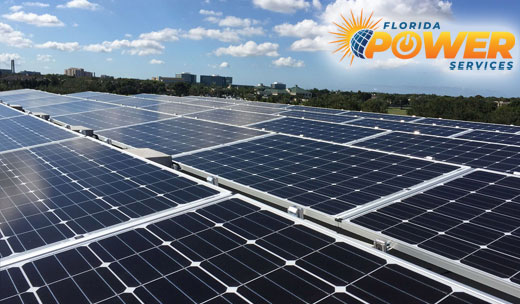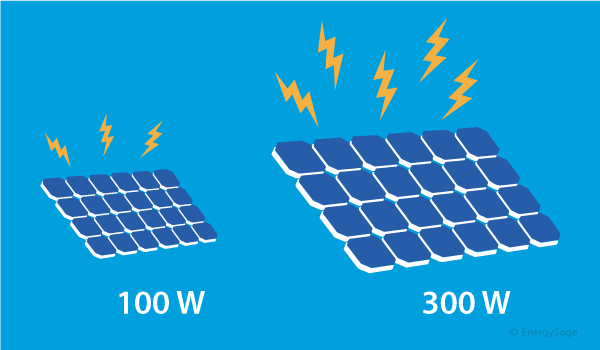The 2010 florida building code is now the effective code and this requires that solar panels components and cladding meet wind loads that are imposed upon them.
Solar panel florida wind load.
When building a structure it is important to calculate wind load to ensure that the structure can withstand high winds especially if the building is located in an area known for inclement weather.
Wind loading on solar panels depends on three basic factors.
In order for a structure to be sound and secure the foundation roof and walls must be strong and wind resistant.
The weight load of the pv system is vital to determine if your rooftop has adequate structural support for pv panels.
Prior versions of asce 7 have not specifically addressed loads on rooftop solar panels.
Solar panels must be firmly attached to the building and have enough attachment points to resist wind uplift.
For example in some areas of southern florida where hurricane season predictably brings extreme winds every year solar panels must be installed to withstand winds up to 170 miles per hour.
This requires solar installers to test their panels and racking equipment to ensure that they will remain anchored to your roof in hurricane level winds.
We recommend the use of section 6 5 12 4 1 and supporting figures only for the design of the pv module attachment clips and hardware to the structure and for calculating loads on individual pv modules.
Wind loads on rooftop solar panels asce 7 16 sections 29 4 3 and 29 4 4 new provisions for determining wind loads on rooftop solar panels have been added to asce 7 16.
Two methods for specific types of panels have been added.
Iv wind load calculations for pv arrays b section 6 5 12 4 1 addresses wind loads on components and cladding.
Both the mounting equipment and the solar panels weigh 2 4 lbs per square foot which is equivalent to 10 20 kg per square meter on average.
The weight is within the acceptable limits of any roof.
The euractive roofer project undertook numerous wind tunnel tests using scale models of roofs with panels as well as testing theoretical calculations that can in time form the.
The solar america board for codes and standards put together a report to assist solar professionals with calculating wind loading and to design pv arrays to withstand these loads.
Today s photovoltaic pv industry must rely on licensed structural engineers various interpretations of building codes and standards to design pv mounting.
Wind speed the height of the panel above the roof and the relative location of the panel on the roof.
Most solar panels are manufactured to withstand up to 2 400 pascals which is the same as for winds of approximately 140 mph but the durability varies from state to state due to their different solar laws.
Wind on solar panels and provides explicit and reliable information on design wind loads in the form of pressure coefficient value.



























